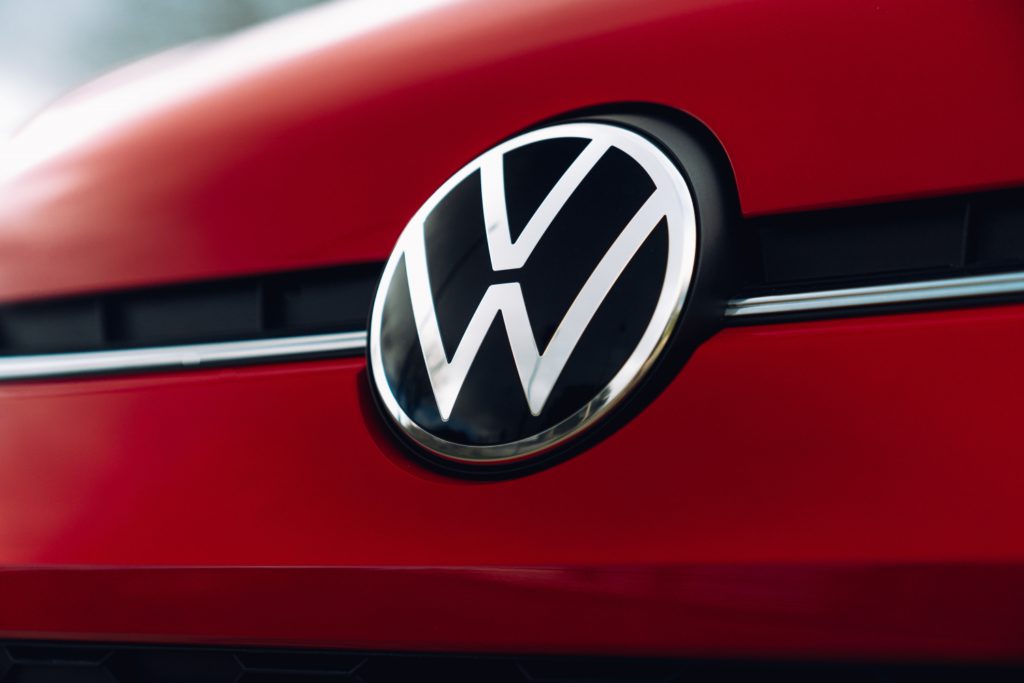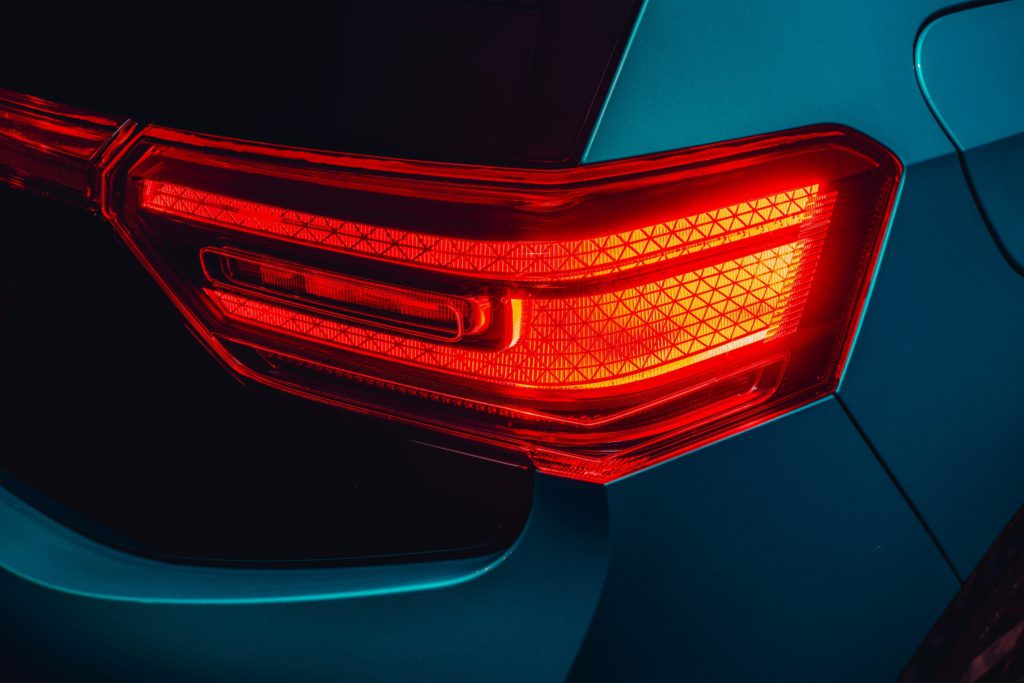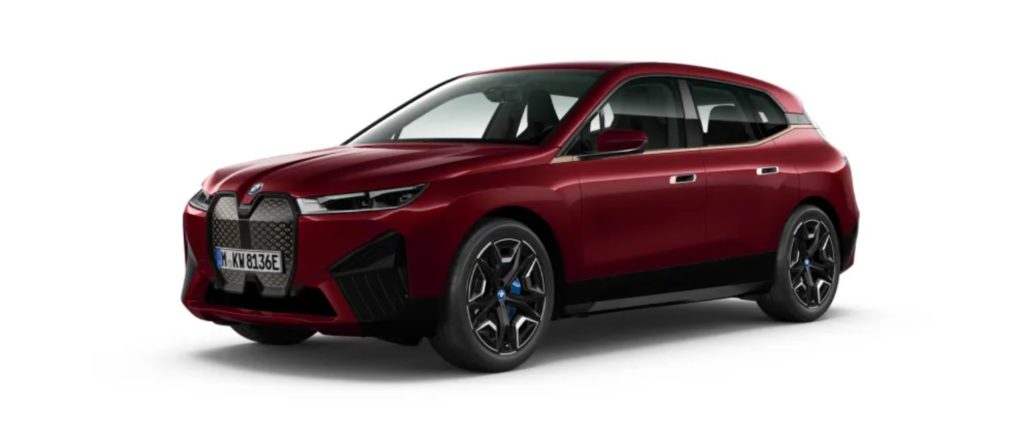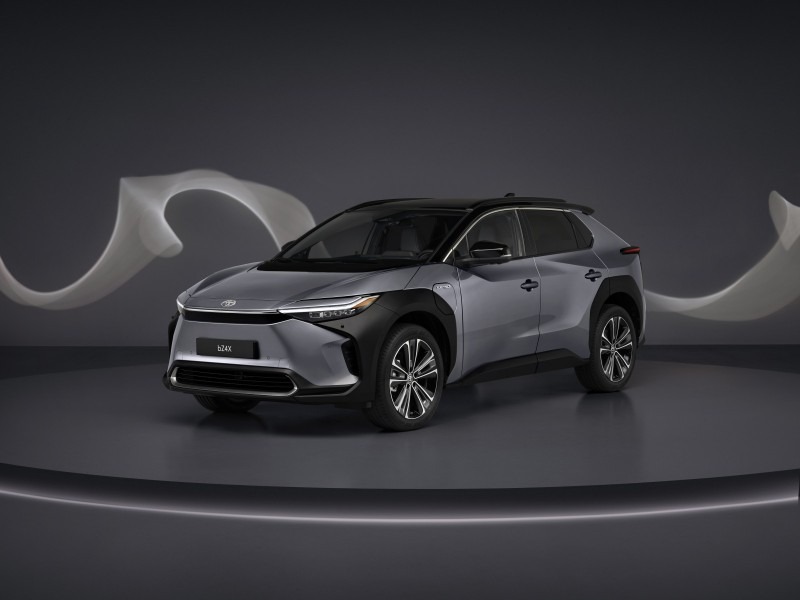SEAT opens ‘pioneering’ battery centre in Spain
20 December 2021

SEAT has opened a battery research and development (R&D) centre in Spain, having invested more than €7 million in the project. The unit, dubbed Test Centre Energy (TCE), will develop and test energy systems for electrically-chargeable vehicles (EVs) as the carmaker accelerates its electrification strategy, hoping to transform Spain into a leading hub for electromobility in Europe.
The centre is located at the carmaker’s so-called Technical Centre in Martorell, where it plans to test the battery performance of some of its EVs, including the Cupra and SEAT MÓ. It will also look at models of other Volkswagen Group (VW) brands, SEAT’s parent company.
VW has just established a European business to bundle its battery activities along the value chain. The carmaker also plans to invest €2 billion in a German gigafactory in Salzgitter, where it is operating a laboratory for cell R&D in a move to produce its own batteries.
E-mobility hub
Earlier this year, VW applied to take part in Spain’s Strategic Projects for Economic Transformation and Recovery (PERTE) that was announced by the government. The German carmaker wants to include Spain as a strategic pillar of its global electrification efforts, saying it was willing to build a third battery plant in the country.
As part of its ‘Future: Fast Forward’ plan, SEAT aims to lead electric mobility in Spain. The carmaker is looking at producing urban EVs in the country from 2025. This large-scale electrification project would represent an important milestone for the company while also helping to transform the Spanish automotive industry on its road to sustainability.
‘We have the opportunity, and responsibility, to completely change our industry. The NextGenerationEU funds could allow us to turn our ambition into a reality. We expect the Government to publish the PERTE in the coming days. More delays in the call for tenders could be critical for relevant Future Fast Forward projects,’ said SEAT and Cupra CEO Wayne Griffiths.
6,000 tests a year
SEAT said the newly-opened site in Spain is the group’s first such centre in Europe outside Germany. It is part of a €5 billion investment plan to electrify the company’s vehicles and facilities. The TCE will carry out up to 6,000 different tests a year to validate the performance of battery and charging systems. Batteries undergo around 17,500 hours of testing to ensure optimal performance throughout their lifecycle. The carmaker added it also intends to manufacture EVs in Martorell from 2025.
The centre was built in 18 months, covering 1,500 square metres, giving it plenty of space to test battery modules with the most advanced-cell chemistry technology. It will also house a workshop designed for testing EVs, with the possibility to work with up to eight cars at a time. This is also where tests of energy systems, safety, and function integration with all the electronics of EVs will take place. Its high-voltage safety bench will run 1,750 tests a year.
The TCE features climatic chambers to test batteries and modules under extreme thermal conditions, between -25 and +55 ºC. This will then allow for the simulation of different conditions vehicles may encounter in its lifecycle. SEAT’s R&D vice-president Werner Tietz said the launch of the centre ‘is great news not only for the electrification of the company, but also because it will allow us to position ourselves as a benchmark in the development of solutions for sustainable electromobility.’



